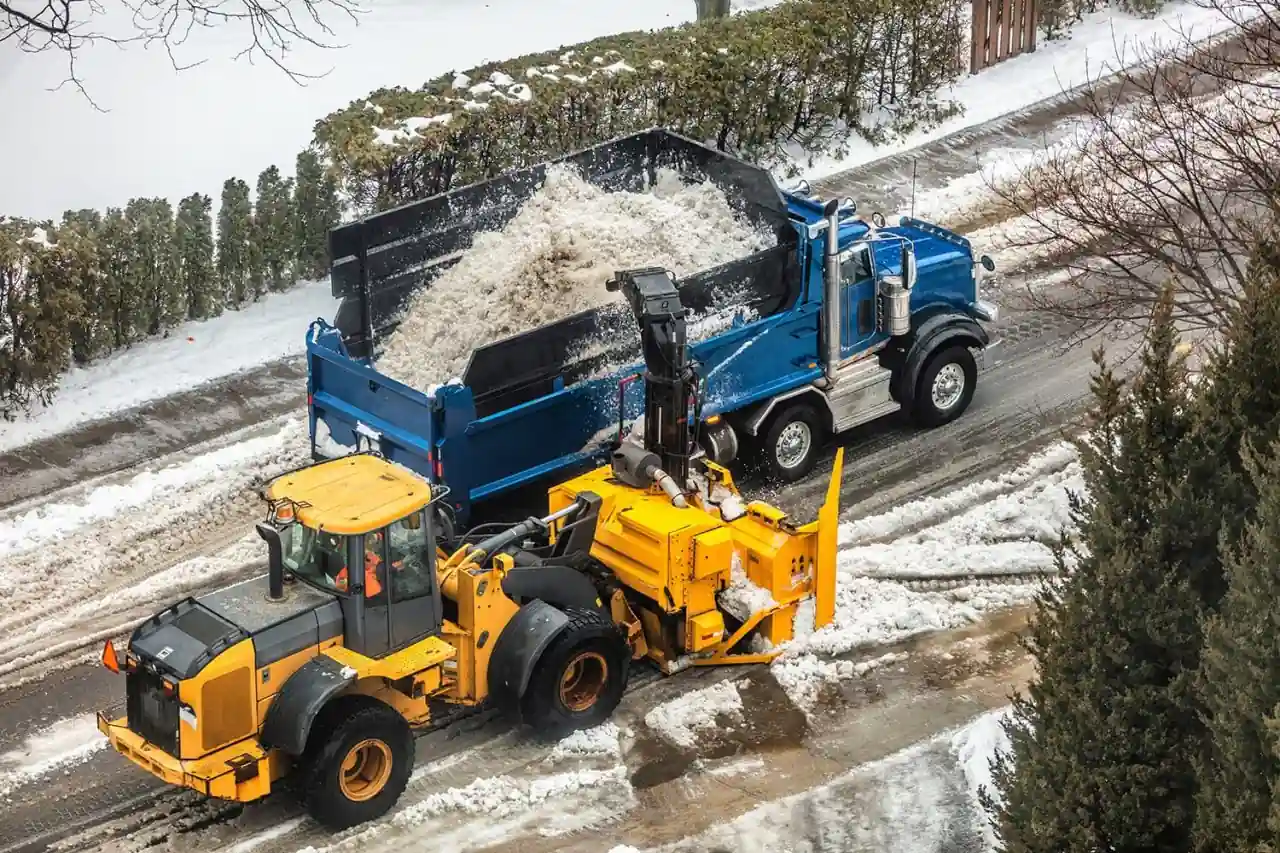Maintaining oral health in dogs is essential for preventing tartar buildup, a common issue that can lead to serious dental problems. Effective strategies include routine brushing, appropriate dental chews, and a balanced diet. Understanding the factors that contribute to tartar accumulation can greatly enhance a dog’s overall well-being. However, many pet owners overlook the importance of professional dental care, which plays a critical role in sustaining their pet’s health. What other measures can be taken to guarantee ideal dental hygiene?
Key Takeaways
- Regularly brush your dog’s teeth with dog-specific toothpaste to effectively reduce tartar buildup and maintain oral hygiene.
- Provide dental chews and toys to help mechanically remove plaque from teeth while promoting healthy chewing habits.
- Schedule annual professional dental cleanings to address existing tartar and ensure thorough plaque removal by veterinary professionals.
- Monitor your dog’s diet by incorporating balanced, nutrient-rich foods and avoiding sugary or starchy treats that contribute to dental issues.
- Conduct regular veterinary check-ups to assess oral health, detect early signs of tartar buildup, and develop customized oral care plans.
Understanding Tartar Buildup in Dogs
What causes tartar buildup in dogs? Tartar, a hardened form of dental plaque, primarily arises from the accumulation of food particles and bacteria on a dog’s teeth. When not addressed, plaque mineralizes, leading to tartar formation. Factors such as genetics, diet, and oral care considerably influence this process. Certain dog breeds are more predisposed to dental issues, making it essential for their owners to understand how to prevent tartar in dogs. Regular dental check-ups, appropriate chew toys, and a balanced diet can mitigate the risk of tartar development. Additionally, incorporating dental treats and daily brushing can greatly improve oral health, fostering a sense of belonging among pet owners committed to their dog’s well-being.
The Importance of Oral Hygiene for Dogs
Maintaining oral hygiene is crucial for a dog’s overall health, as poor dental care can lead to significant health issues beyond bad breath. Neglecting oral hygiene can result in periodontal disease, which affects not only the gums and teeth but can also impact essential organs such as the heart, liver, and kidneys. Furthermore, bacteria from dental disease can enter the bloodstream, posing further risks. Regular dental care, including brushing, is crucial for preventing tartar buildup and ensuring long-term wellness. Additionally, maintaining good oral hygiene fosters a healthy lifestyle and enhances the bond between the pet and owner. For dog owners, understanding how to prevent tartar in dogs is a key component of responsible pet ownership and overall canine health.
Effective Techniques to Prevent Tartar in Dogs
Implementing effective techniques to prevent tartar in dogs is vital for promoting their dental health and overall well-being. Regular dental brushing, using a dog-specific toothpaste, is one of the most effective methods. Establishing a routine that includes brushing several times a week can greatly reduce tartar buildup. Additionally, providing dental chews and toys designed to promote oral hygiene can help mechanically remove plaque. Professional dental cleanings by veterinarians should be scheduled annually to address any existing tartar. Monitoring the dog’s diet is also essential; avoiding sugary treats and opting for high-quality, dental-formulated food can contribute to better oral health. Together, these strategies create a thorough approach to effectively prevent tartar in dogs.

Nutritional Considerations for Dental Health
While many pet owners focus on brushing and chewing, nutritional considerations play an essential role in maintaining dental health in dogs. A balanced diet rich in important nutrients can greatly contribute to reducing tartar buildup. Foods high in antioxidants, omega fatty acids, and vitamins, such as vitamin C and calcium, support gum health and strengthen teeth. Furthermore, incorporating crunchy kibble or dental-specific treats can help mechanically remove plaque during chewing. It is also important to limit sugary or starchy foods, as they can promote bacterial growth leading to increased tartar formation. By selecting appropriate dog food and treats, pet owners can effectively contribute to their dogs’ long-term wellness and greatly mitigate the risks associated with tartar buildup.
Regular Veterinary Check-ups and Professional Cleanings
Regular veterinary check-ups and professional cleanings are essential components in the strategy of how to prevent tartar in dogs. These appointments allow veterinarians to assess oral health and provide necessary interventions. Regular dental evaluations help in identifying early signs of tartar buildup and periodontal disease.
Key benefits of professional cleanings include:
- Thorough Plaque Removal: Veterinary professionals utilize specialized tools to remove plaque and tartar that regular brushing may miss.
- Early Detection: Vets can spot potential dental issues before they develop into serious health problems.
- Tailored Oral Care Plans: Customized advice on home care and dental products can be provided, enhancing long-term dental health.
Incorporating these practices promotes a holistic approach to canine wellness.
Frequently Asked Questions
Can Certain Dog Breeds Be More Prone to Tartar Buildup?
Certain dog breeds, particularly small or toy breeds, are more prone to tartar buildup due to their dental structure and reduced chewing activity. Regular dental care is essential to mitigate this risk and promote oral health.
What Are the Signs of Tartar Buildup in Dogs?
Signs of tartar buildup in dogs include bad breath, yellow-brown stains on teeth, swollen gums, and difficulty eating. Regular veterinary check-ups and dental care are essential to maintain oral health and prevent further complications.
Are There Specific Toys That Help Prevent Tartar?
Certain toys, such as dental chews and rubber toys with textured surfaces, assist in preventing tartar in dogs. These items promote chewing, which mechanically removes plaque and minimizes tartar buildup, contributing to overall dental health.
How Often Should I Brush My Dog’s Teeth?
Veterinarians recommend brushing a dog’s teeth at least two to three times a week. Regular brushing markedly reduces tartar buildup, contributing to overall dental health and enhancing the pet’s long-term well-being and comfort.
Can Home Remedies Effectively Reduce Tartar in Dogs?
Home remedies can offer some effectiveness in reducing tartar in dogs, such as certain dietary adjustments and natural chews. However, professional dental care remains essential for thorough oral health management and long-term tartar prevention.
Conclusion
In summary, investing in pet health through proactive dental care is essential for preventing tartar buildup in dogs. Implementing regular oral hygiene practices, providing appropriate nutritional support, and scheduling routine veterinary visits are critical components of an effective preventive strategy. By prioritizing these measures, pet owners can greatly enhance their dogs’ oral health, thereby contributing to their overall well-being and longevity. A thorough approach to dental care guarantees that dogs lead healthier, happier lives.
You May Also Like To Read:





